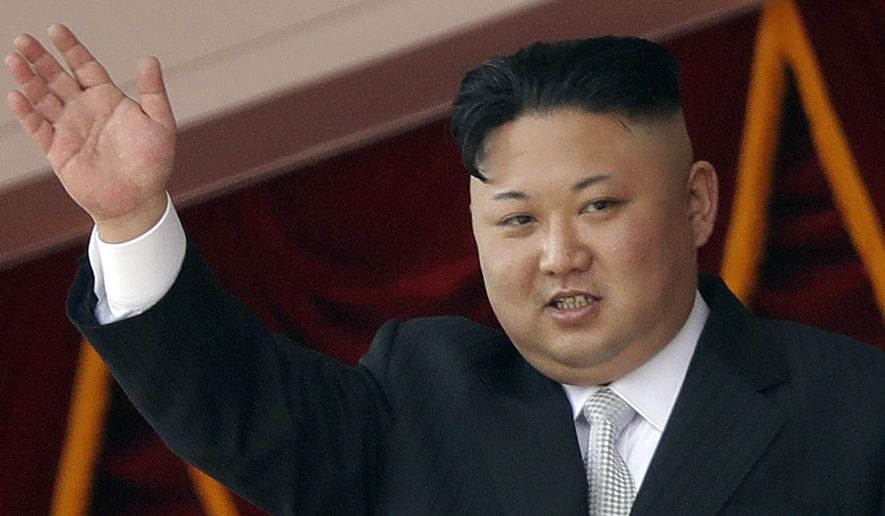The chairman of the House Subcommittee on Europe, Eurasia and Emerging Threats has called for conducting a “massive cyberattack” against North Korea to prevent Pyongyang from initiating nuclear war.
Rep. Dana Rohrabacher, California Republican, offered the suggestion Thursday amid growing concerns surrounding North Korea’s nuclear capabilities amplified by recent threats directed toward Guam, a U.S. territory only minutes away by missile.
While President Trump vowed last week to respond to any North Korean aggression with “fire and fury,” the congressman said in a statement that the Pentagon should put it cyberwarriors on standby as well.
In addition to shooting down any projectiles launched by Pyongyang, Mr. Rohrabacher said the Pentagon should conduct “a coordinated, massive cyberattack on North Korea’s infrastructure, disabling the dictatorship’s communications and its missile-launch capabilities.”
“The ultimate goal, of course, must be regime change, and we may hope that North Korea’s sponsors in China also recognize that necessity,” Mr. Rohrabacher said Thursday.
Mr. Trump, meanwhile, said Friday that he’s elevated the U.S. Cyber Command to a full combatant command — a maneuver that “demonstrates our increased resolve against cyberspace threats and will help reassure our allies and partners and deter our adversaries.”
I have directed that U.S. Cyber Command be elevated to the status of a Unified Combatant Command focused on….cont: https://t.co/3iScfuMw9s
— Donald J. Trump (@realDonaldTrump) August 18, 2017
The Trump administration has weighed several options for responding to North Korea and its unpredictable leader, Kim Jong-un, though the president took flak from both sides of the aisle last week for all but vowing military action.
“Military solutions are now fully in place, locked and loaded, should North Korea act unwisely. Hopefully Kim Jong Un will find another path!” Mr. Trump tweeted last week.
The U.S. has dabbled with debilitating adversaries with cyberattacks in the past and is attributed with sidelining Iran’s nuclear ambitions during the last decade with a sophisticated computer worm known as Stuxnet, developed in conjunction with Israeli counterparts.
North Korea, on its part, maintains a relatively successfully offensive cyber operation despite being largely isolated from the outside world. Hackers associated with the regime have been credited with penetrating a handful of high-profile targets in recent years, most notably the Sony Picture Entertainment breach in 2014.
Military solutions are now fully in place,locked and loaded,should North Korea act unwisely. Hopefully Kim Jong Un will find another path!
— Donald J. Trump (@realDonaldTrump) August 11, 2017
• Andrew Blake can be reached at ablake@washingtontimes.com.




Please read our comment policy before commenting.